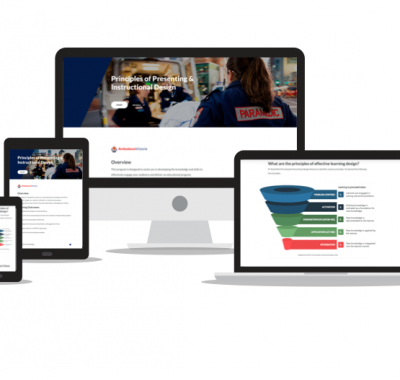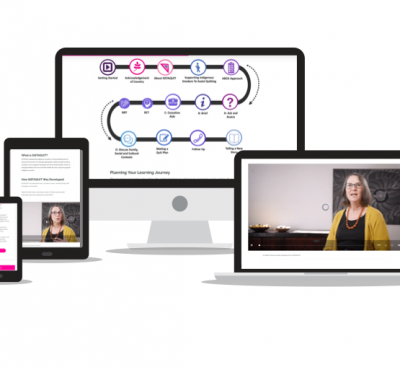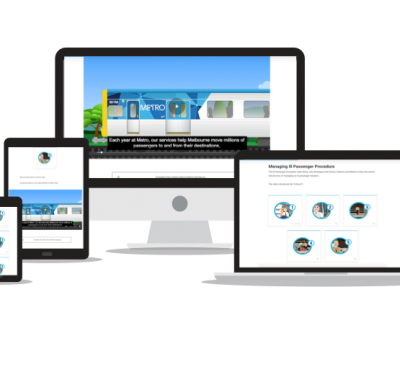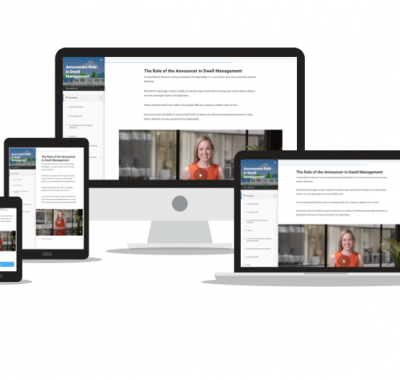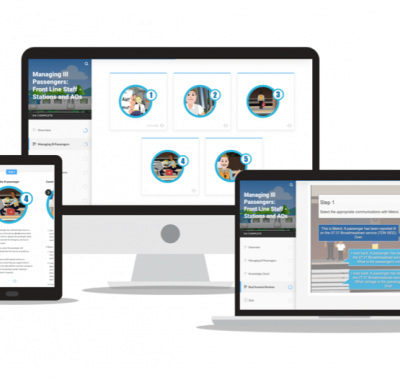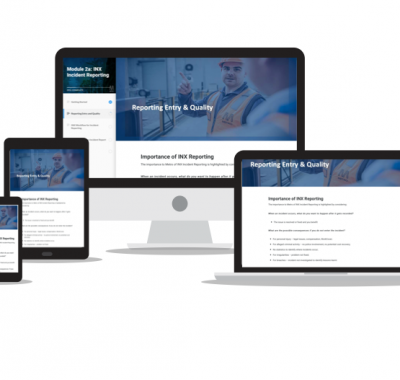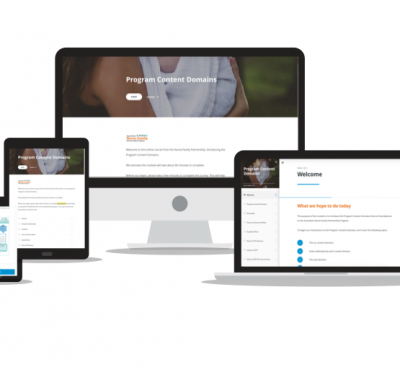eLearning Designer Melbourne
eLearning Designer Melbourne
What does a Melbourne eLearning Designer do?
Using eLearning development technologies such as Articulate 360, our eLearning Designer in Melbourne constructs, creates and produces, reviews, and continuously improves online programmes. eLearning Designers focus on multiple programs around Learning Design in Melbourne.
Unlike Melbourne eLearning Developers, who typically focus primarily on programme development, eLearning Designers are involved in the actual design of the learning, including sequencing, content, and instruction. The online education designer will typically collaborate with subject matter experts (SME) to develop the learning contents and course flow before designing the programme with an appropriate authoring tool.
Key Responsibilities of the eLearning Designer:
- Create and organise learning experiences to provide a logical flow.
- Develop eLearning modules that effectively convey complicated concepts.
- To facilitate learning through precise instructions.
- Employ proper authoring tools to provide information efficiently and create a flexible eLearning design.
- Choose appropriate interactive components, features, and content delivery techniques.
- Utilise diagrams, illustrations, and photographs to visually convey content and context.
- Create assessments that are aligned with learning outcomes.
- Use a Learning Management System to publish eLearning (LMS)
- Examine evaluation results to determine the eLearning program’s efficacy.
- Based on evaluation outcomes, continuously improve eLearning programmes.
What is the difference between e-Learning and Instructional Design ?
There are some variations between instructional design and eLearning even though both entail the creation of adult learning experiences. Instructional designers create learning experiences that assist learners in obtaining the knowledge, skills, and behaviours necessary to accomplish targeted results by combining adult learning principles with instructional design principles. The phrase “instructional design” refers to a variety of delivery techniques, such as face-to-face instruction, facilitator-led instruction, self-paced instruction, leader-led instruction, on-the-job training, online instruction, and eLearning.
eLearning is mostly performed online. In most cases, it is self-paced. Nevertheless, this depends on the authoring tool used to design the programme. eLearning is often responsive to several platforms, including PCs, tablets, and mobiles. While eLearning may be designed by instructional designers using a storyboard, the eLearning programme is created by eLearning Developers utilising an authoring tool. Instructional design and eLearning development are two skills that eLearning designers frequently possess and therefore can take over if the Instructional Designer decides that eLearning is an appropriate solution for the learning needs. To learn more about Instructional Design in Melbourne visit our Instructional Design page or read about our several Melbourne Instructional Design Courses.
eLearning Designer Melbourne – Skills and Qualities
Communication
To create effective instruction, and to communicate with stakeholders, SMEs, instructors, video developers, graphic designers and other relevant persons
Learner-focused
eLearning Designers should have the learner front of mind in everything that they do.
When designing and developing eLearning, they should ask themselves:
- Is it easy to navigate?
- Is the content clear and concise?
- Are the activities relevant, impactful and contextualised?
- Does it include a variety of interactions and elements to keep learners engaged?
Eagerness to Learn
eLearning is an innovative field that is continuously evolving. Authoring tools and software are constantly updated to incorporate new, complex elements and features, which open up further possibilities for delivering content in engaging and effective ways.
It’s important that eLearning Designers are keen learners to:
- Keep up with the latest learning research and trends
- Develop skills in areas that will support eLearning design
- Build and refine skills in using various authoring tools and design software
- Deliver effective educational design services
Creativity
Creative and innovative eLearning Designers will:
- Explore methods of delivering content in more engaging, inciteful and efficient ways
- Create rich learning tasks that deepen learners’ understanding
- Develop realistic, interactive scenarios that support learners in applying concepts in context
- Ideate designs for images, diagrams, infographics, videos and other elements that will enhance the content
Enquire Now
eLearning Development Articles and Advice
- IDA’s eLearning
- eLearning: Dos and Don’ts
- How-To: Design for Online Courses
- The Learning Benefits of Video and Multimedia
- Moving training online
- More articles on instructional design
- Learn more about our eLearning Development services here

